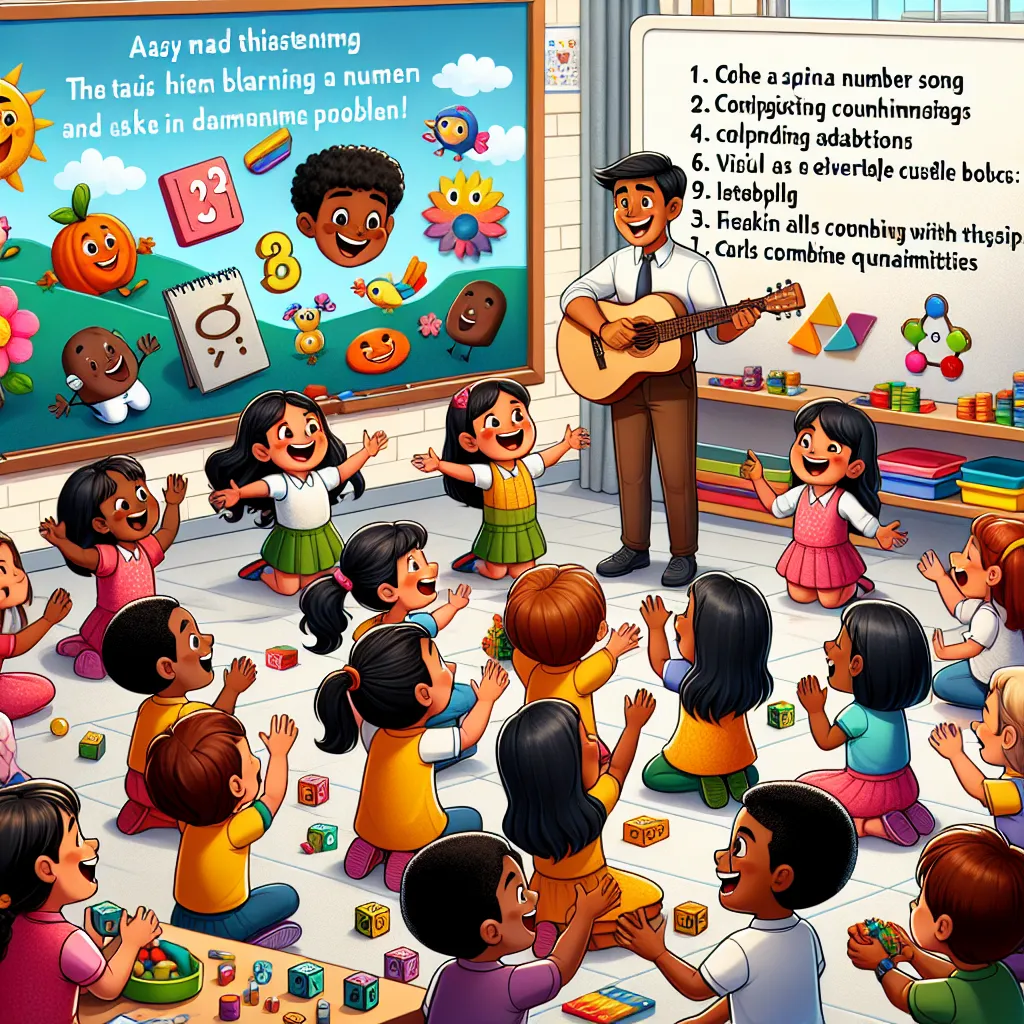Ask AI on The Internet
Question: During your observation period, sit in and observe your mentor teacher doing the morning introductory ring activity of the daily programme. 1. What teaching strategy did your mentor teacher use? 2. What types of resources were made available to the children? Name at least three. 3. Did the children develop any mathematical concepts from the activity? Name two of them. If they did not develop any, which concepts would you have included if you had to plan the lesson?
Certainly! Here's a structured way to analyze the morning introductory ring activity conducted by your mentor teacher: ### 1. Teaching Strategy Observe and take note of the following aspects to determine the teaching strategy used: - **Instructional Approach**: Did the teacher use direct instruction, guided discovery, or an inquiry-based approach? - **Engagement Techniques**: Did the teacher employ hooks, questioning, discussion, or interactive activities to engage the students? - **Differentiation**: Were there any accommodations or modifications to address diverse learning needs? - **Classroom Management**: How did the teacher maintain order and manage classroom behavior? For example, if your mentor teacher led the class in a discussion, asked open-ended questions, and facilitated group work, they might be using a combination of interactive and student-centered strategies. ### 2. Resources Available to the Children Identify and list at least three types of resources that were made accessible to the children during the activity. Here are some potential resources: - **Visual Aids**: Charts, posters, or a whiteboard with diagrams or daily schedules. - **Manipulatives**: Physical objects like counting blocks, beads, or puzzles. - **Digital Tools**: Tablets, interactive whiteboards, or educational software. - **Books**: Storybooks or educational texts related to the day's theme. - **Paper-Based Materials**: Worksheets, coloring pages, or activity sheets. ### 3. Development of Mathematical Concepts Assuming the morning activity included some form of counting, pattern recognition, or calendar work, observe and note if the children exhibited understanding of any mathematical concepts: - **Number Sense**: Recognition and sequencing of numbers. - **Patterns**: Identification and creation of sequences or patterns. - **Geometry**: Recognition of shapes and spatial relationships. If mathematical concepts weren't apparent, consider incorporating the following if you were to plan the lesson: - **Counting**: Having children count objects, days on a calendar, or steps in a process. - **Patterns**: Using colored beads or blocks to create repeating patterns and ask children to extend them. - **Basic Arithmetic**: Simple addition or subtraction using visual aids or manipulatives. ### Example Observation 1. **Teaching Strategy**: The mentor teacher used a direct instruction approach, starting with a cheerful greeting and a short discussion about the day's weather. They asked questions to engage students and provided clear, concise instructions for the morning activity. 2. **Resources Made Available**: - A colorful calendar with movable pieces for days of the week and months. - Counting blocks for a simple arithmetic task. - A storybook related to the theme of the day, such as seasons or animals. 3. **Mathematical Concepts Developed**: - **Number Recognition**: Children were asked to identify the date and day of the week. - **Patterns**: The teacher led an activity where children created patterns using counting blocks. Remember, observations are subjective; note the specific details and your thoughts to give a comprehensive review.
Think your answer is better than the AI's? Post it below.
Other Most Relevant Posts:
Question Tags
If you want your question answered by an AI, click here.







Post your own comment: